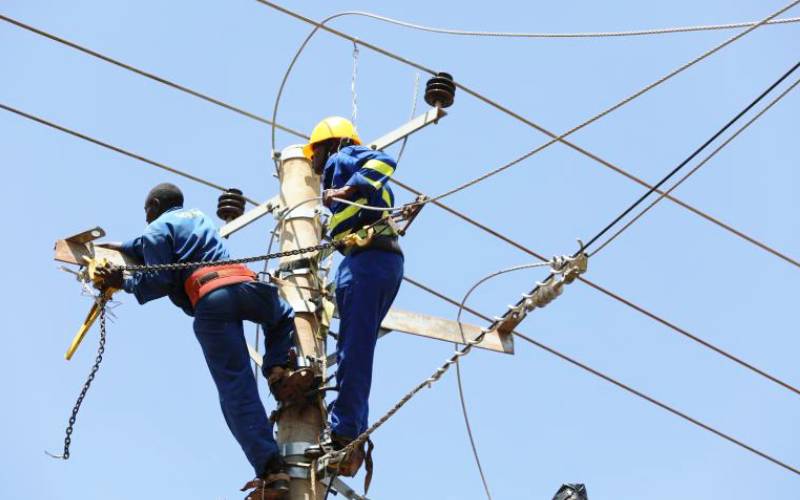×
The Standard e-Paper
Home To Bold Columnists

For the past three December holidays, Nicholas Kyalo, a tenant in Kajiado town, has religiously carried his solar kit with him back to his village in Kibwezi for lighting.